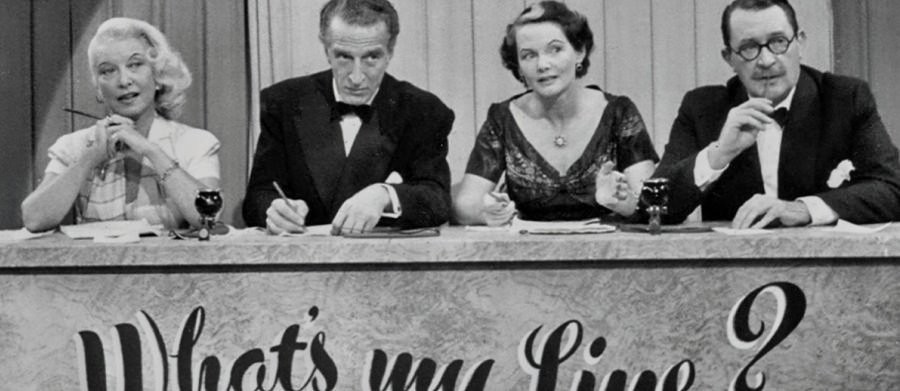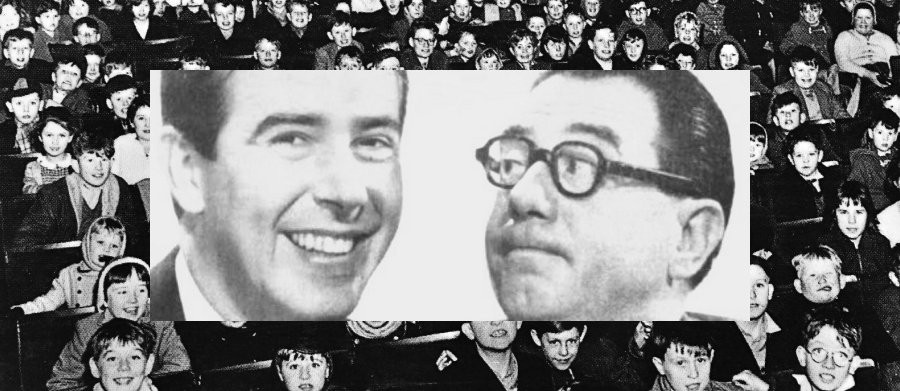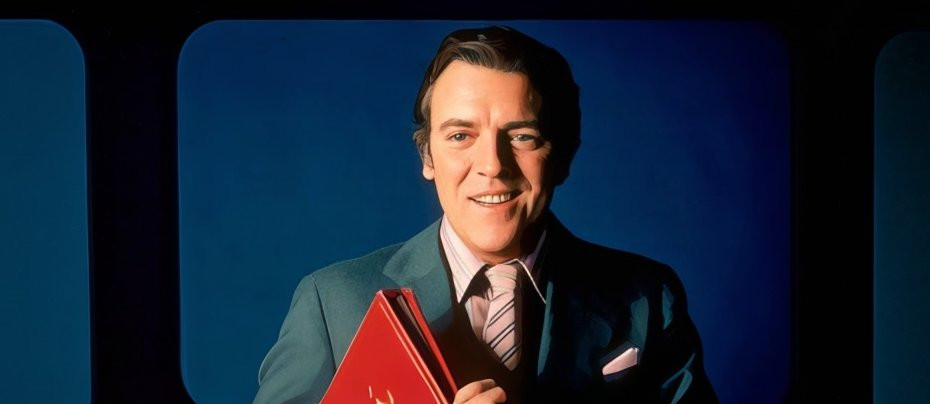
Eamonn Andrews
Eamonn Andrews, an iconic figure in Irish broadcasting, left an indelible mark on the media landscape with his dynamic presence and versatile talent. Best known for his work as a television presenter and radio host, Eamonn captivated audiences with his charismatic personality and profound professionalism. From his early days in Dublin to his rise to fame in the UK, Eamonn’s career spanned various genres and platforms, making him a beloved household name.
Eamonn was born on 19 December 1922 in Synge Street, Dublin, son of carpenter William Andrews and his wife Margaret. He was educated at Synge Street Catholic Boys School, known colloquially as Synger, which throughout its history has boasted the education of a great number of authors, actors and politicians. At the time that Eamonn attended, the sporting focus of the school was on Gaelic games and most other sports were discouraged. Nevertheless, Eamonn was a great lover of all sports, and, like many poor lads of his generation, he boxed his way to fame, becoming the All-Ireland Amateur Junior Champion. After finishing school, he worked briefly as an insurance clerk, but his connections with boxing led to him being invited to work for Ireland's state broadcaster, Radio Athlone (later to become Radio Éireann), as a commentator.
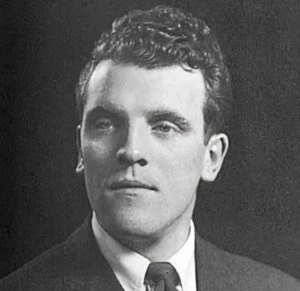
His second great love was acting, and he enrolled at the Gaiety Theatre School of Acting and even wrote a play, The Moon is Black, which was performed at Dublin's Peacock Theatre. The play was about a frail young lad suffering from tuberculosis. Eamonn thought it wise to cast himself in that role, but it may have been stretching the suspension of belief a little far when the audience saw him walk on to the stage, athletic and the picture of health, save for some sporting bruises acquired at boxing practice. But it wasn't to be his acting prowess that shot him to fame. It was his voice.
His big break came at the Theatre Royal cinema in Dublin where they regularly put on a stage show between the first and second features. Eamonn fronted an audience participation quiz called Double or Nothing, which became very popular. The famous band leader, Joe Loss, visited for a two-week engagement and immediately hired the young Eamonn to go on his British tour, hosting the quiz whenever the band took a break. With a word in the right place, Eamonn was offered a contract with the BBC as a quiz host and boxing commentator. He fronted the radio quiz show Ignorance is Bliss and commentated on live boxing bouts, all the time building his reputation as one of Great Britain's most competent broadcasters.
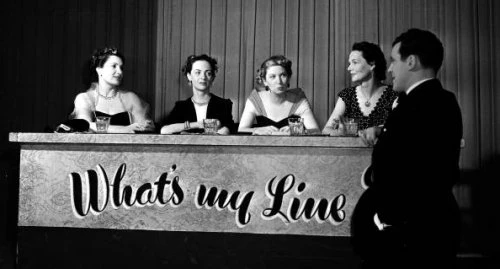
What's My Line? made its first appearance on British television in 1951. The show, in which a panel of guest celebrities attempt to guess the occupation of people unknown to them, was bought by the BBC and given a trial series starting in July 1951. The original host was Gilbert Harding, but he proved to be unsuitable in that role after the first programme and moved over to the panel, with Eamonn taking over the 'chairman's' role. By 1955, he was hosting the children's television show Crackerjack, and a British version of the American show This Is Your Life on television, and Sports Report on the radio.
In Ireland, Raidió Teilifís Éireann (RTÉ) was established on 1 June 1960 (as Radio Éireann). Eamonn was its first chairman and he chaired the authority until 1964, overseeing the introduction of State television to Ireland and establishing the Irish State broadcaster as an independent semi-state body. The name of the authority was changed to Radio Telefís Éireann in 1966, and both the radio and television services became known as RTÉ in that year. Telefís Éireann began broadcasting at 7pm on New Year's Eve, 1961. The first light entertainment show that night was hosted by Eamonn, who introduced a number of guests.
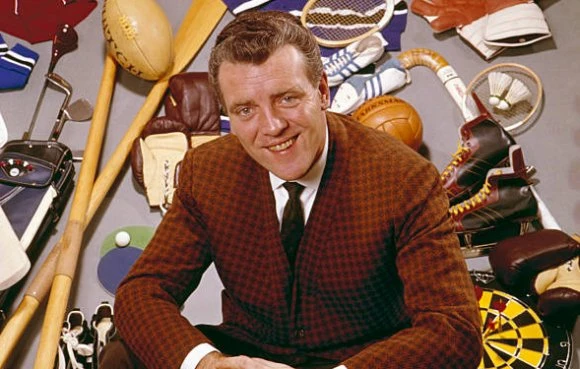
In 1965, Eamonn left the BBC to join ITV where he was the first host of World of Sport and one of the earliest chat show hosts in the UK on The Eamonn Andrews Show. From 1968, he hosted ITV's early evening magazine show Today.
Eamonn was known as something of a hard task master and when things were not running smoothly at production meetings those dulcet tones of his were anything but sweet. But according to Maurice Leonard, his producer on the revived series of What's My Line? in 1984, "there was not one member of the team who did not love him."
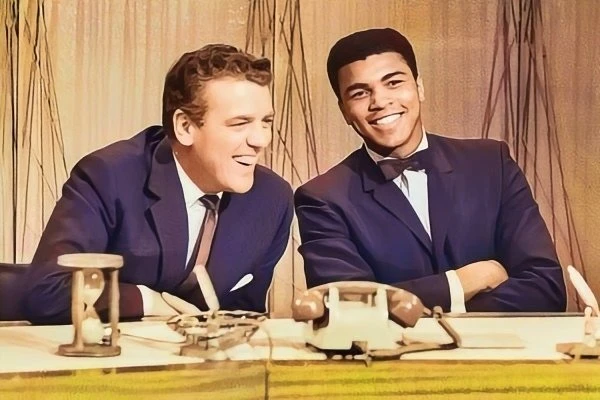
In 1987, Eamonn contracted a virus during a plane journey that had serious implications. Maurice Leonard remembered that on the last show he did with him, "I had to get him a chair to sit on in the wings before going on." Eamon had to summon all his energy to walk, unaided, to his What's My Line Desk?. "Then the pro took over and few suspected he was even unwell." His friends thought that once he got over the virus, he would be back to his old self again. But after months of illness, Eamonn died from heart failure at the Cromwell Hospital in London on 5 November 1987. He was 64 years of age.
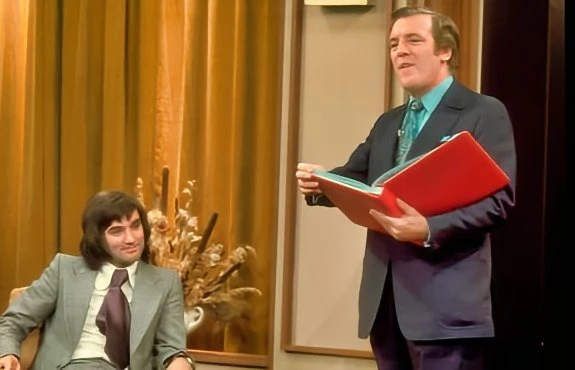
Eamonn's relaxed, easy manner of presenting made audiences feel comfortable and engaged, while his distinctive lop-sided smile added a personal touch, making him seem both friendly and genuine. Andrews' golden voice was another key aspect of his appeal, resonant and warm, which captivated listeners and viewers alike. A combination of traits that made him a memorable and enduring figure in broadcasting, and a pleasure to have in our homes.
Published on July 5th, 2024. Written by Laurence Marcus for Television Heaven.


